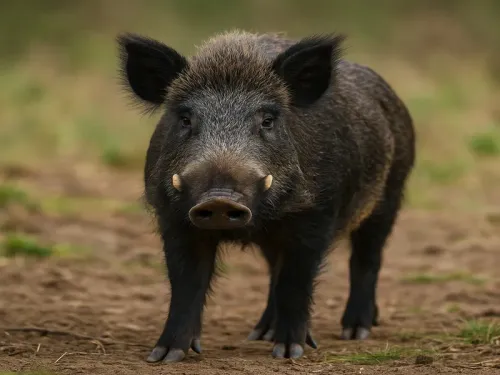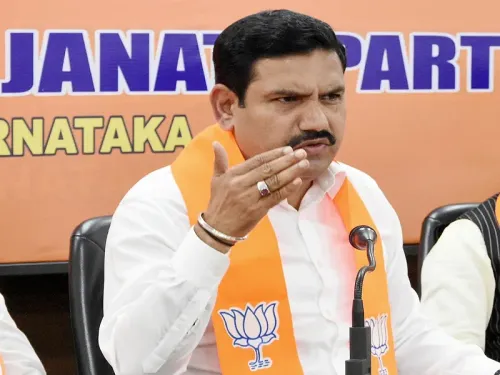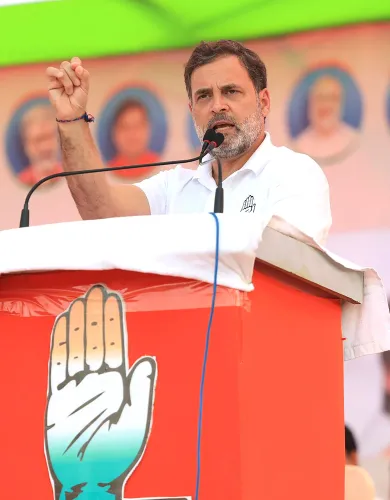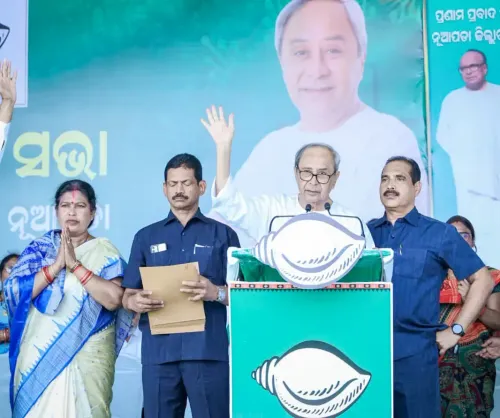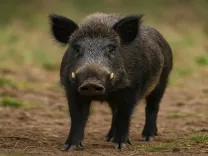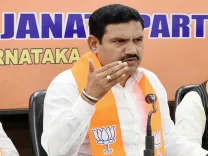What’s the Deal with FairPoint: Omar vs Mehbooba?
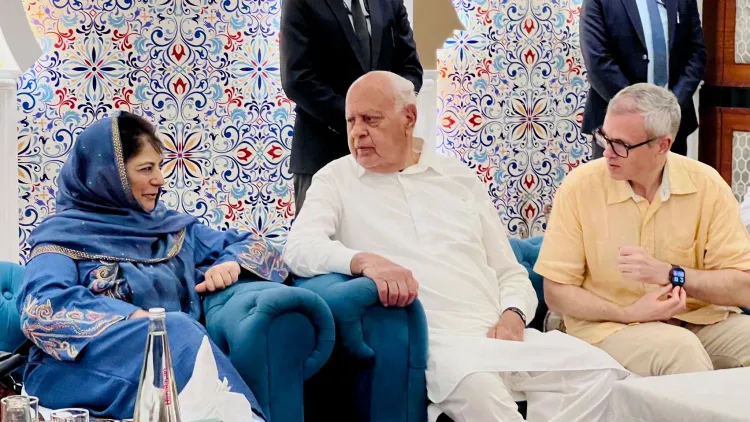
Synopsis
Key Takeaways
- Operation Sindoor triggers political rivalry in Kashmir.
- The Abdullahs and Muftis have a long history of political conflict.
- Accusations revolve around loyalty to India and Pakistan.
- Public exchanges reveal the complexities of dynastic politics.
- Dialogue with Pakistan remains a contentious issue.
New Delhi, May 18 (NationPress) A curious consequence of Operation Sindoor is emerging in Kashmir, where two leading political factions are attempting to unveil each other's loyalty to the nation.
The Abdullahs and the Muftis represent significant dynastic families in the valley, having wielded political influence for the majority of the time in the former state, with the former family enjoying a longer tenure in power.
These two clans are well-known adversaries, engaged in an intense political rivalry for decades - from Mufti Mohammad Sayeed (shifting from NC to Congress to establishing the People's Democratic Party) to Sheikh Abdullah (National Conference); from Mufti Sayeed to Farooq Abdullah; and later Mehbooba Mufti versus Omar Abdullah. All five leaders have served as Chief Ministers of the former Jammu and Kashmir, with NC's Omar Abdullah currently holding the position in the Union Territory. He triumphed in the first Assembly elections conducted after the abrogation of Article 370 and the withdrawal of statehood in August 2019.
Collectively, these two families have governed the state for over three decades, clearly demonstrating their political dominance in the UT, particularly in Kashmir. The leaders have consistently clashed, except for a few brief instances - such as during the Assembly elections in 1996, the Lok Sabha elections in 1998, and the establishment of the People’s Alliance for Gupkar Declaration (PAGD) in 2019 (a coalition of political parties advocating for the restoration of Article 370 and Article 35A). Outside of these instances, the families have remained fierce rivals.
The political discourse has shifted from rhetoric to accusations regarding ties with terrorists and separatists, now focusing on who demonstrates greater allegiance to India or possesses softer sentiments towards Pakistan. The recent exchange, which unfolded on social media, is not merely entertaining - it encapsulates the political dynamics that have transpired in J&K, especially in Kashmir, since 1947.
Omar Abdullah and Mehbooba Mufti inadvertently uncovered uncomfortable realities about each other's dynastic politics, which have fluctuated between pro-and anti-India and pro-and anti-Pakistan positions based on political expediency.
The public dispute began on May 16 between Chief Minister Omar Abdullah and his predecessor, Mehbooba Mufti, on their respective X handles, after the former advocated for the revival of the Tulbul Navigation project following the suspension of the Indus Waters Treaty. Mufti accused Abdullah of employing "provocative" tactics amidst ongoing tensions with Pakistan.
What CM Abdullah responded with was not shocking in content, but rare in its candor for someone in a high office in Kashmir. He stated: "Unfortunately, your blind pursuit of cheap publicity points and pleasing some individuals across the border blinds you to the reality that the IWT has been one of the greatest historical betrayals of the interests of the people of J&K. I have consistently opposed this treaty & I will continue to do so."
The phrase "pleasing some individuals across the border" was clearly directed at Pakistan.
Not one to stay silent, Mufti retorted with a sharp post that alluded to historical controversies surrounding the NC's political affiliations.
She wrote: "Time will disclose who seeks to appease whom. However, it's notable that your esteemed grandfather Sheikh Sahab once advocated for accession to Pakistan for over two decades post losing power. Yet, once reinstated as Chief Minister, he abruptly reversed his position by aligning with India."
While she accused the NC of shifting loyalties for personal gain, her own and her party's positions have also transformed dramatically over time. She has openly endorsed separatists, visited families of terrorists, and continually urged the Indian government to engage in dialogue with Pakistan.
Her father, Mufti Mohammad Sayeed, once implicated Omar Abdullah's father, Dr. Farooq Abdullah, in having associations with the terrorist group Jammu Kashmir Liberation Front (JKLF) in the 1980s. Sayeed himself faced accusations of orchestrating attacks in his native district, Anantnag, against minority Kashmiri Pandits in 1986, shortly after the alleged desecration of the Al-Aqsa Mosque in Jerusalem and the reopening of the Ram Janmabhoomi temple in Ayodhya.
Mufti Sayeed later became Union Home Minister in 1989, during which time Kashmir experienced some of the most severe terrorist violence targeting Hindus, alongside the kidnapping of his daughter. At that time, Farooq Abdullah was the Chief Minister. Several terrorists were released from custody, an act perceived as a sign of weakness from the Indian government.
The contrasting responses of the Muftis and Abdullahs were once again evident following the abrogation of Article 370, when both cautioned Delhi about severe repercussions from Pakistan and China.
Their apparent leniency towards Pakistan persists. Even after the April 22 Pahalgam attack, both NC and PDP reiterated the necessity for dialogue with the neighboring nation. Mehbooba Mufti went a step further by criticizing the suspension of the Indus Waters Treaty and expressing that it should not have occurred.
Operation Sindoor has shifted the India-Pakistan dynamic, with CM Omar Abdullah now advocating for suspending the IWT while supporting new power projects in the Union Territory. Conversely, Mehbooba Mufti, whose party secured only three seats in the 2024 Assembly elections, has voiced concerns over Delhi’s hardline stance.
As the two families persist in their public dispute, long-hidden truths are beginning to emerge. It has taken over thirty years and Operation Sindoor for the Abdullahs and Muftis to reveal some uncomfortable realities. Much remains concealed in the obscure corners of Kashmir’s politics and violence. If only the ethnic cleansing of Kashmiri Pandits had been thoroughly examined, the battle against Pakistan’s terror networks in and outside Kashmir might have been significantly easier. (Deepika Bhan can be contacted at deepika.b@ians.in)

